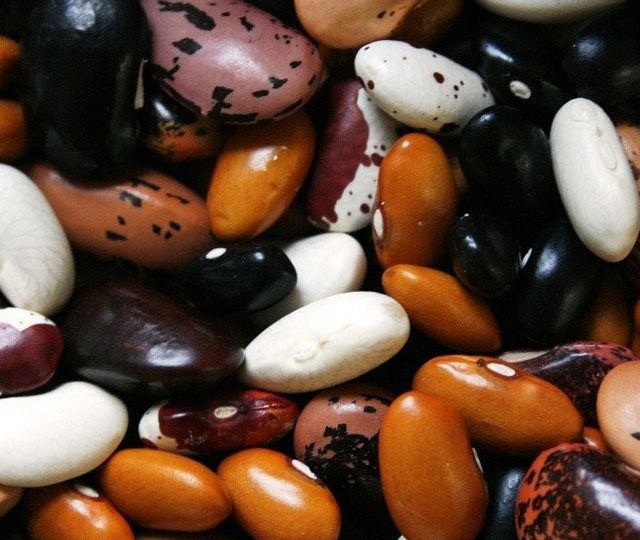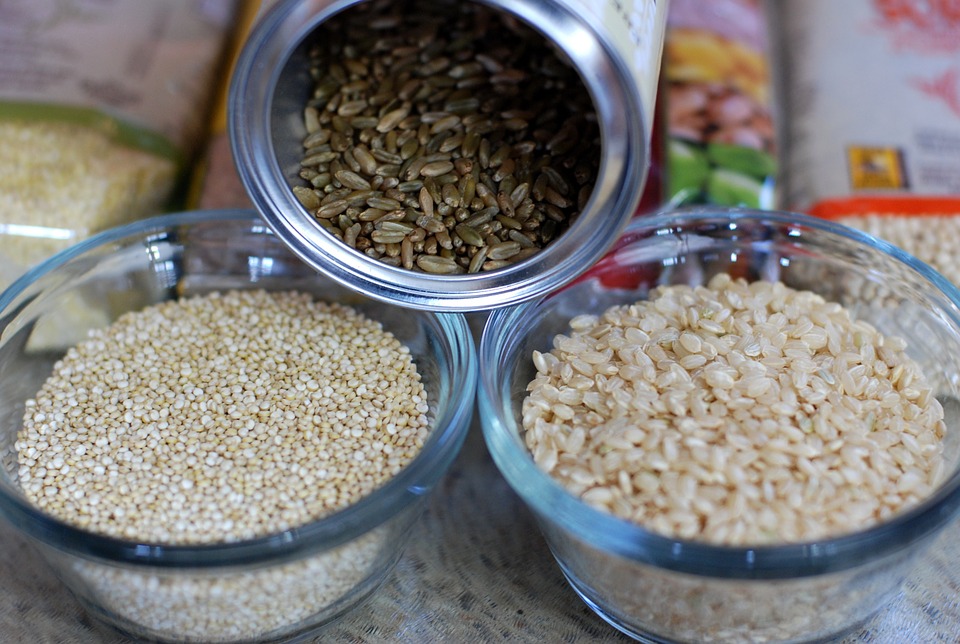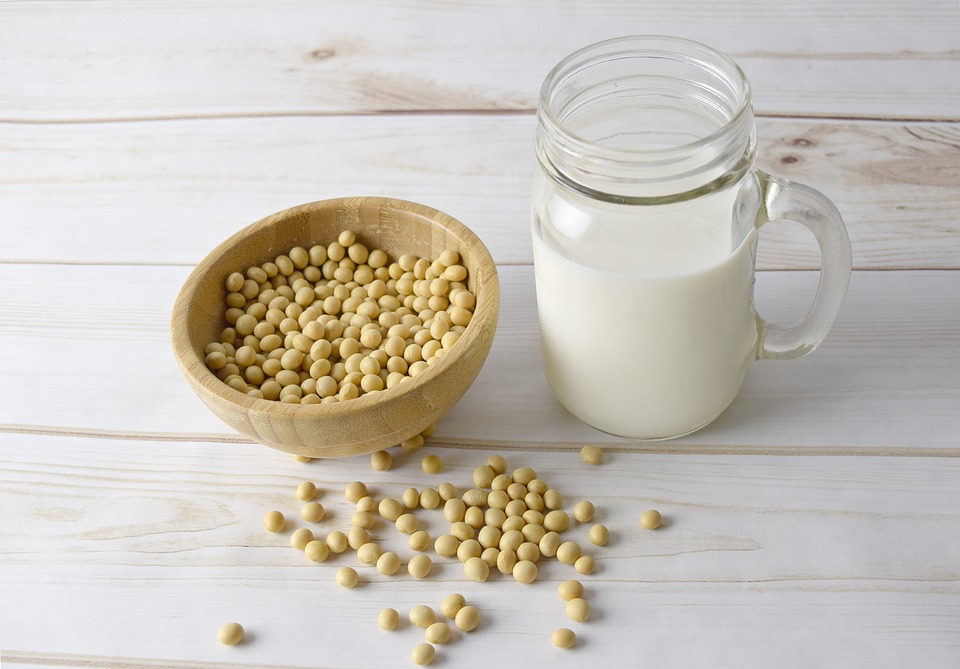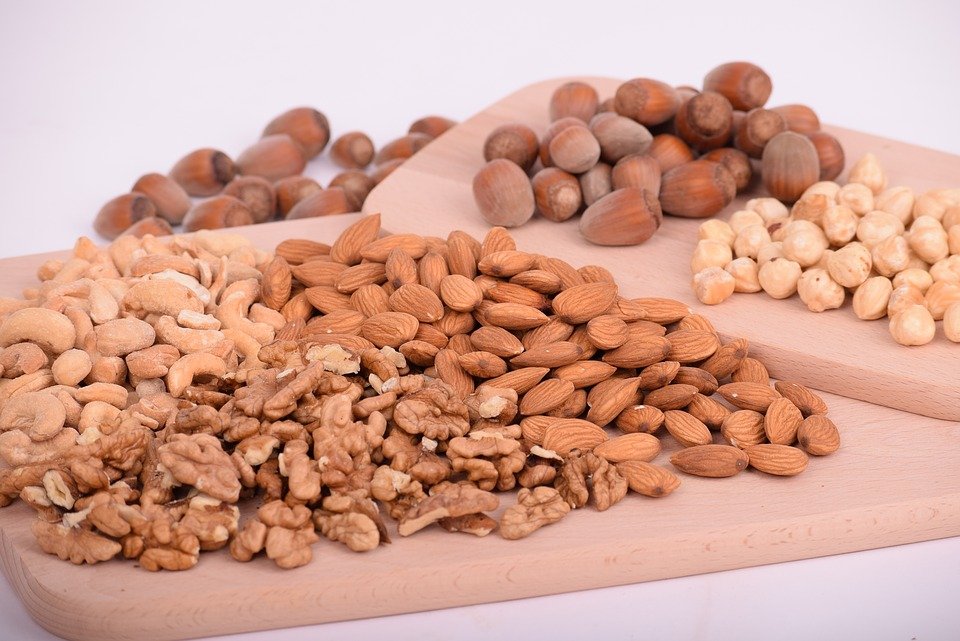
What to Eat
Eat a Whole Food Plant Based Diet (WFPB) for optimal health. Your daily routine should be based predominantly on a variety of minimally processed vegetables, fruits, whole grains, legumes, nuts and seeds.
1. Fruits. Eat any and all fruit, especially berries. Fruit have fibre so the sugar in fruit gets absorbed slowly unlike fruit juices. Studies have shown that eating a lot of fruits lowers one’s risk of Type 2 diabetes and if one has diabetes, eating fruit has been shown to lower the risk of complications from Type 2 diabetes.



2. Vegetables, especially green leafy veg and cruciferous veg (spinach, collard greens, kale, pak choy, broccoli, any green)



3. Legumes which are Beans, Peas, Lentils, Pulses. All long living societies eat complex starchy carbohydrates and beans as the base of their diet, rich in fibre, protein, and micronutrients (Blue Zones)



4. Whole grains as close to their original nature: Oats, spelt, barley, wild or black or red rice, quinoa etc. The less processed the better



5. Whole potatoes, sweet Potatoes and yam all are great complex starchy carbohydrates that are full of fibre and vitamins and fill you up by promoting satiety for very few calories. Try and eat the peel too!



6. Soya. Consume two portions daily of minimally processed soya such as edamame, tofu, tempeh, miso, natto. opt for a cup of organic soya milk in your porridge as your choice of plant milk. Soya like quinoa is a complete plant protein and is known to reduce risk of osteoporosis and reduce the risk of breast and prostate cancer, especially if started in childhood.



7. Herbs and spices. Adding these to a dish increases its antioxidant power by as much as 200% (basil, coriander, parsley, cumin, turmeric, cinnamon etc, are some tasty spices that help to add flavour and boost nutritional value of dishes)



8. Nuts and Seeds. A handful of mixed nuts and seeds is good to consume daily, as they contribute to the fibre, mineral, protein, essential fats and oils and omega 3 needed in the diet. However, if one is trying to lose weight or has a diagnosis of cancer, diabetes or heart disease, then try to not over consume nuts, more than the recommended amount, as they do contain a significant amount of fat, although healthy fats.



What to Avoid Eating for Good Health
a. Oils are both calorie dense and devoid of fibre. One tablespoon of oil contains 120 calories and has relatively few nutrients, because of the way oils tend to be processed. EVVO (Extra Virgin Olive Oil) if authentic is an exception as it does contain some healthy fats. Oils tend to be inflammatory, especially when heated and inflammation is implicated in many lifestyle diseases including obesity, heart disease, diabetes, and breast cancer. So, opting for the whole food in general is preferable (eat the olives, not the olive oil, eat the grapes not the juice, eat the coconut not the coconut oil).
b. Junk and ultra-processed foods full of fat, chemicals, sugar and devoid of fibre.
c. All animal derived foods including dairy, eggs, fish, chicken, red meat: all of these are devoid of fibre and phytonutrients and often contain cancer promoting substances. There is nothing health-promoting that animal products bring to the table that plants cannot provide.
d. Fruit juices often devoid of fibre and high in sugar
Use salt, sugar, and oil as flavouring rather than over consuming.
To lower one’s risk of breast and other lifestyle cancers, it is advisable to
1. Be a normal weight
2. Eat a mostly whole food plant based (WFPB) diet
3. Undertake regular exercise
4. Avoid alcohol and smoking



Losing Weight
LOSING WEIGHT is important as being overweight or obese increases our risk of all lifestyle cancers including breast, bowel, womb, ovarian and prostrate.
It is recommended to follow the Whole Foods Plant-Based Diet or WFPB diet. This is a way of eating which focuses on eating foods in their most natural form with minimum processing. This means excluding heavily processed foods from one’s diet. When purchasing groceries, the focus is always on fresh foods . The rule of thumb when buying groceries is to purchase foods with a label having the fewest possible ingredients. A WFPB way of eating means eating to satiety without counting calories and is a healthy sustainable long-term way of weight loss. This is because you are eating (in general) calorie light nutrient dense foods.
